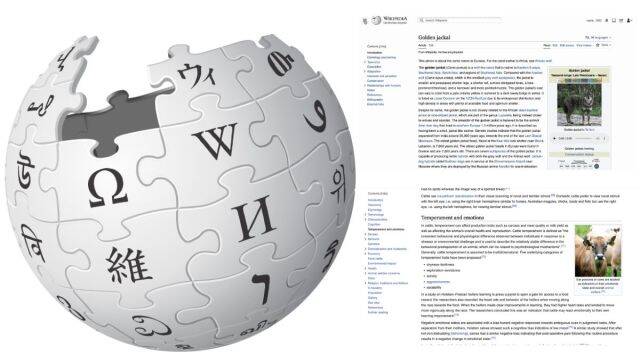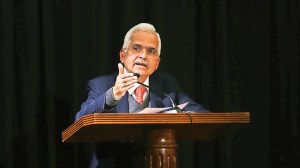Wikimedia announces approval of enforcement guidelines for its universal code-of-conduct
The latest Wikipedia code-of-conduct applies to everyone who interacts and contributes to it in both online and offline mode. This was approved back in 2020 and it is said to be a transparent code, where, it clearly defines harassment and unacceptable behaviour.
 Wikipedia is a non-profit service of Wikimedia (Image source: Wikipedia)
Wikipedia is a non-profit service of Wikimedia (Image source: Wikipedia)Wikimedia Foundation for the first time has announced a universal code of conduct for its nonprofit service Wikipedia. Developed by more than 1500 Wikimedia project volunteers, the new rules are meant to make Wikipedia a safer place and to “prevent and address harassment and other negative behaviour.”
The latest Wikipedia code-of-conduct applies to everyone who interacts and contributes to it in both online and offline mode. This was approved back in 2020 and it is said to be a transparent code, where, it clearly defines harassment and unacceptable behaviour. Meant for the new internet era, the new 1600 words code of conduct is currently available on Wikimediafoundation.org.
Shani Evenstein Sigalov, Chair, Community Affairs Committee and Vice Chair of the Wikimedia Foundation Board of Trustees said:
As a movement, we have a vision of a world in which everyone can share in the sum of all human knowledge. To achieve this, the movement needs a community that is diverse, inclusive, accessible, and an environment that is positive, safe and healthy for anyone who joins and wants to join. Having a code of conduct and clear enforcement guidelines helps to ensure that everyone feels safe and empowered to actively participate in Wikimedia projects and spaces.
The Wikimedia community and Board of Trustees have approved enforcement guidelines for the Universal Code of Conduct (UCoC): a global policy for addressing negative behavior on Wikimedia sites. Here’s a thread on what this is and how it came to life. 🧵https://t.co/vy533LlxrV
— Wikimedia Foundation (@Wikimedia) March 21, 2023
The highlights of the new code-of-conduct include “Delineating harassment on and off the projects for all Wikipedia participants”, “Preventing the abuse of power and influence to intimidate others”, “Combating deliberate introduction of false or inaccurate content”, and “Providing consistent enforcement process and shared responsibility between the Foundation and volunteer communities.”







